I can remember cherished moments as a child turning the living room lights low on Christmas eve and sitting with a cup of hot chocolate before the nativity scene. I loved singing Christmas carols on that blessed evening, uniting myself in spirit to the angels who announced the birth of Christ to the shepherds over 2000 years ago. It was a magical moment for a child.
Over fifty years later, magical moments of singing carols at our family’s creche at Christmas have been replaced with the deeply meaningful and mystical times spent in stillness before the burning presence of Our Lord in the Blessed Sacrament. There is no nativity display that once a year captivates our hearts and reminds us of the birth of Christ. In the Blessed Sacrament Jesus is truly present, body, blood, soul, and divinity. Jesus is real. Jesus is here. Right now. Today. A statue of the infant Jesus in a manger reminds us of something that happened 2000 years ago. The Eucharist lets us enter into that reality with our entire being right now, and participate in the salvation Jesus is bringing about on this earth today.
In today’s Gospel we learn three very important lessons from the Annunciation to the Virgin that model for us how to receive and adore Jesus in the Eucharist.
- God is living and real. God loves you. God speaks to you. God has something to say to you. God cares about what is happening to you and has a plan for your healing and salvation. Each of us has our own unique role to play in the mystery of salvation.
- The Father has sent his Son as Savior of the world. The Eternal Word leapt down from heaven and he whom the whole world could not contain enclosed himself in the womb of his Virgin Mother so that we might know God’s love and that he might make us “partakers of the divine nature” (2 Pt 1:4.)
- Mary models for us how to be still and silent before the presence of God. “Mary said, ‘Behold, I am the handmaid of the Lord. May it be done to me according to your word.” I often think of the moment right after the angel left Mary. It was the first instant of Jesus’ life within her womb, how she must have quietly loved him and adored him and what faith it must have required of her. She knew better than most the utter reality of God’s presence.
Mary was the first tabernacle of God. She adored him in her womb for nine months before his birth, a secret prayer of loving worship. May the Virgin Mother of the Savior teach us how to become tabernacles of God. After receiving Jesus in Communion may we, as did Mary, carry him into the world. In the words of Saint John Paul II, “Let our adoration never cease.”
Puedo recordar los momentos preciosos de niña cuando con las luces bajas me sentaba en la sala en la víspera de Navidad con una taza de chocolate caliente ante el pesebre. Me encantaba cantar villancicos en esa noche santa, uniéndome en espíritu a los ángeles que anunciaron el nacimiento de Cristo a los pastores hace más de 2000 años. Fue un momento mágico para un niño.
Más de cincuenta años después, los momentos mágicos de cantar villancicos ante el pesebre con mi familia en la Navidad han sido reemplazados por momentos profundamente significativos y místicos que pasamos en silencio ante la presencia ardiente de Nuestro Señor en el Santísimo Sacramento. No hay pesebre que una vez al año cautive nuestro corazón y nos recuerde del nacimiento de Cristo. En el Santísimo Sacramento Jesús está verdaderamente presente, cuerpo, sangre, alma y divinidad. Jesús es real. Jesús está aquí. Ahora mismo. Hoy. Una estatua del niño Jesús en un pesebre nos recuerda algo que sucedió hace 2000 años. La Eucaristía nos permite entrar en esa realidad con todo nuestro ser ahora mismo, y participar en la salvación que Jesús está realizando en esta tierra hoy.
En el Evangelio de hoy aprendemos tres lecciones muy importantes de la Anunciación a la Virgen que nos modelan cómo recibir y adorar a Jesús en la Eucaristía.
- Dios es vivo y real. Dios te ama. Dios te habla. Dios tiene algo que decirte. Dios se preocupa por lo que te está pasando y tiene un plan para tu sanación y salvación. Cada uno de nosotros tiene su propio papel único que desempeñar en el misterio de la salvación.
- El Padre ha enviado a su Hijo como Salvador del mundo. El Verbo Eterno vino del cielo y Aquel a quien el mundo entero no pudo contener, se encerró en el seno de su Madre Virgen para que conozcamos el amor de Dios y nos haga “participantes de la naturaleza divina” (2 Pedro 1,4)
- María nos enseña cómo estar quietos y en silencio ante la presencia de Dios. “María contestó: ‘Yo soy la esclava del Señor; cúmplase en mí lo que me has dicho’” A menudo reflexiono sobre el momento justo después de que el ángel se fue y la dejó sola a María. Fue el primer instante de la vida de Jesús en su seno. Pienso en cómo lo amaba y adoraba en silencio y en la fe que tuvo que tener. Ella conocía mejor que la mayoría de las personas la absoluta realidad de la presencia de Dios.
María fue el primer tabernáculo de Dios. Ella lo adoró en su vientre durante nueve meses antes de su nacimiento, una oración secreta de adoración amorosa. Que la Virgen Madre del Salvador nos enseñe a convertirnos en tabernáculos de Dios también. Que después de recibir a Jesús en la Comunión, como María, lo llevemos al mundo. En palabras de San Juan Pablo II, “Que nunca dejemos de adorarlo”.

Sr. Kathryn James Hermes, FSP, is an author and offers online evangelization as well as spiritual formation for people on their journey of spiritual transformation and inner healing. Website: www.touchingthesunrise.com My Books: https://touchingthesunrise.com/books/
Public Facebook Group: https://www.facebook.com/groups/srkathrynhermes/ HeartWork Spiritual Formation Group: https://touchingthesunrise.com/heartwork/
Feature Image Credit: articgoneape, pixabay.com/photos/baby-baby-jesus-bethlehem-birth-4258530/
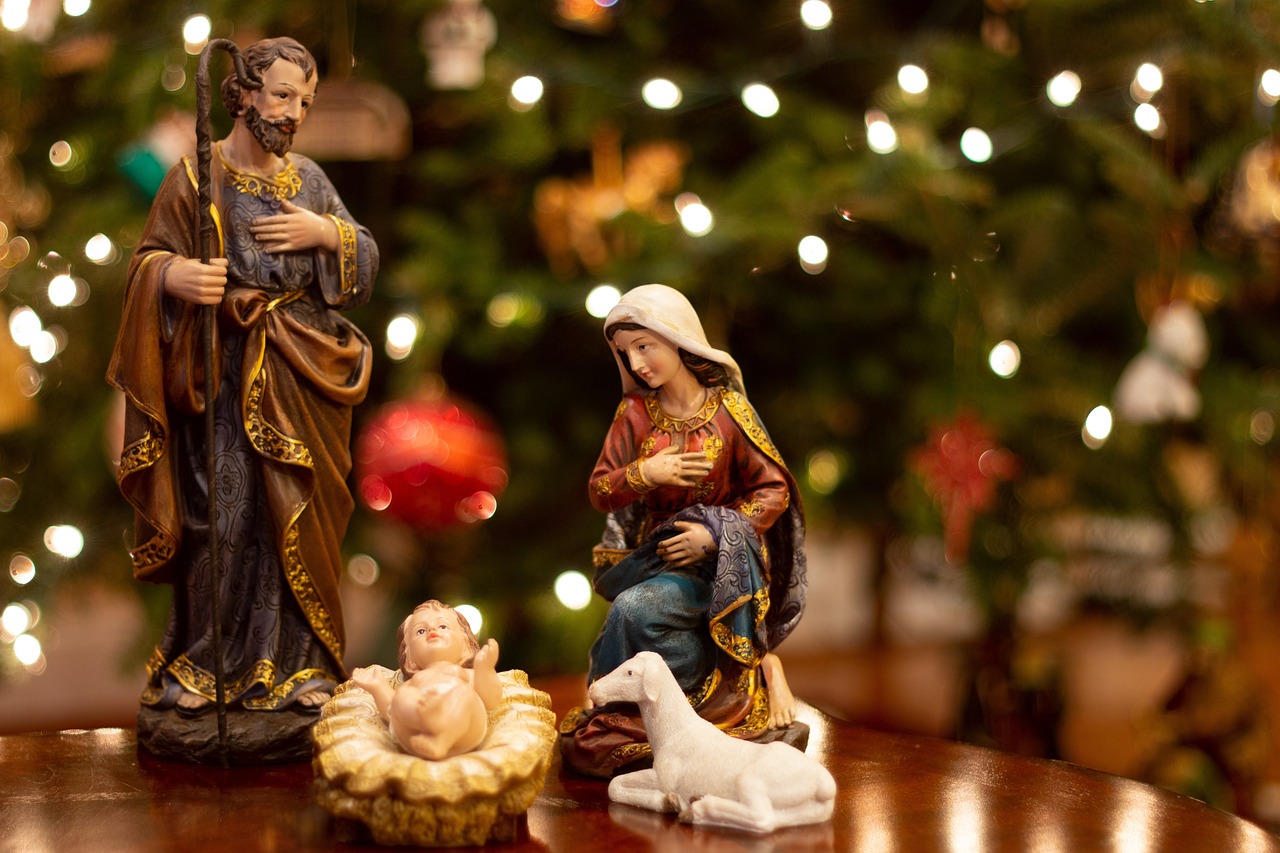
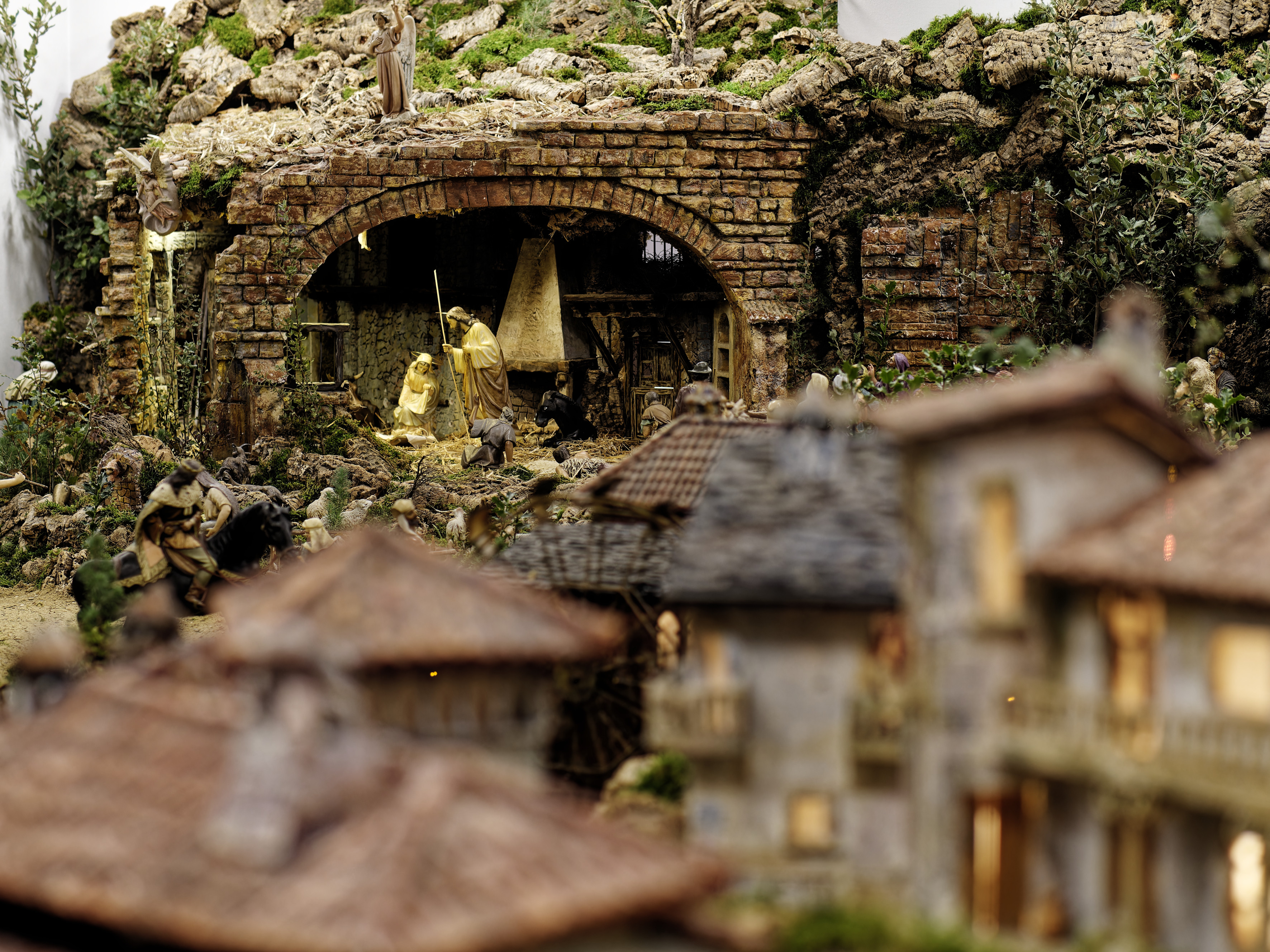
 Kathryn Mulderink, MA, is married to Robert, Station Manager for Holy Family Radio. Together they have seven children (including Father Rob), and seven grandchildren. She is President of the local community of Secular Discalced Carmelites and has published five books and many articles. Over the last 30 years, she has worked as a teacher, headmistress, catechist, Pastoral Associate, and DRE, and as a writer and voice talent for Catholic Radio. Currently, she serves the Church by writing and speaking, and by collaborating with various parishes and to lead others to encounter Christ and engage their faith. Her website is
Kathryn Mulderink, MA, is married to Robert, Station Manager for Holy Family Radio. Together they have seven children (including Father Rob), and seven grandchildren. She is President of the local community of Secular Discalced Carmelites and has published five books and many articles. Over the last 30 years, she has worked as a teacher, headmistress, catechist, Pastoral Associate, and DRE, and as a writer and voice talent for Catholic Radio. Currently, she serves the Church by writing and speaking, and by collaborating with various parishes and to lead others to encounter Christ and engage their faith. Her website is 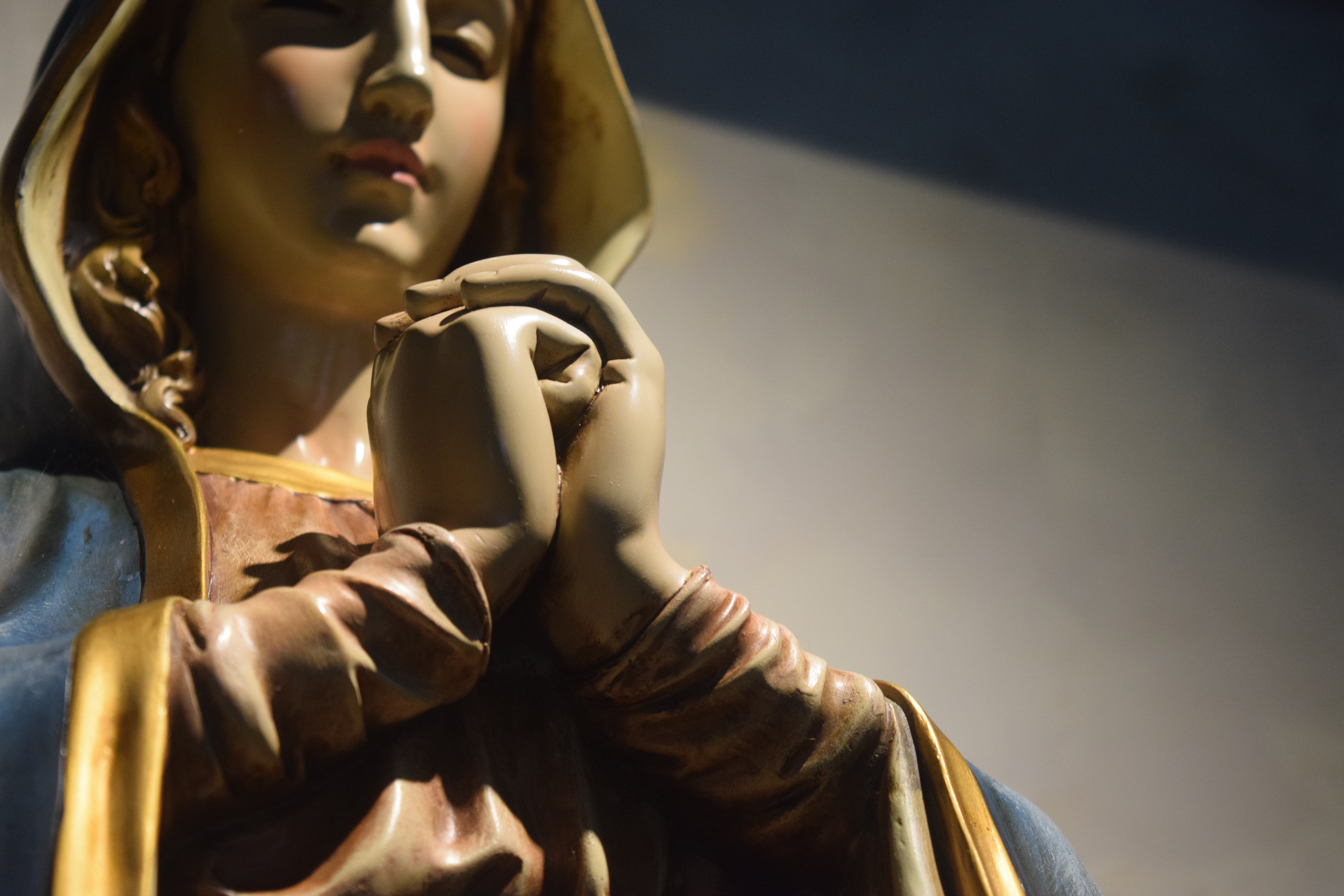
 Allison Gingras (
Allison Gingras ( 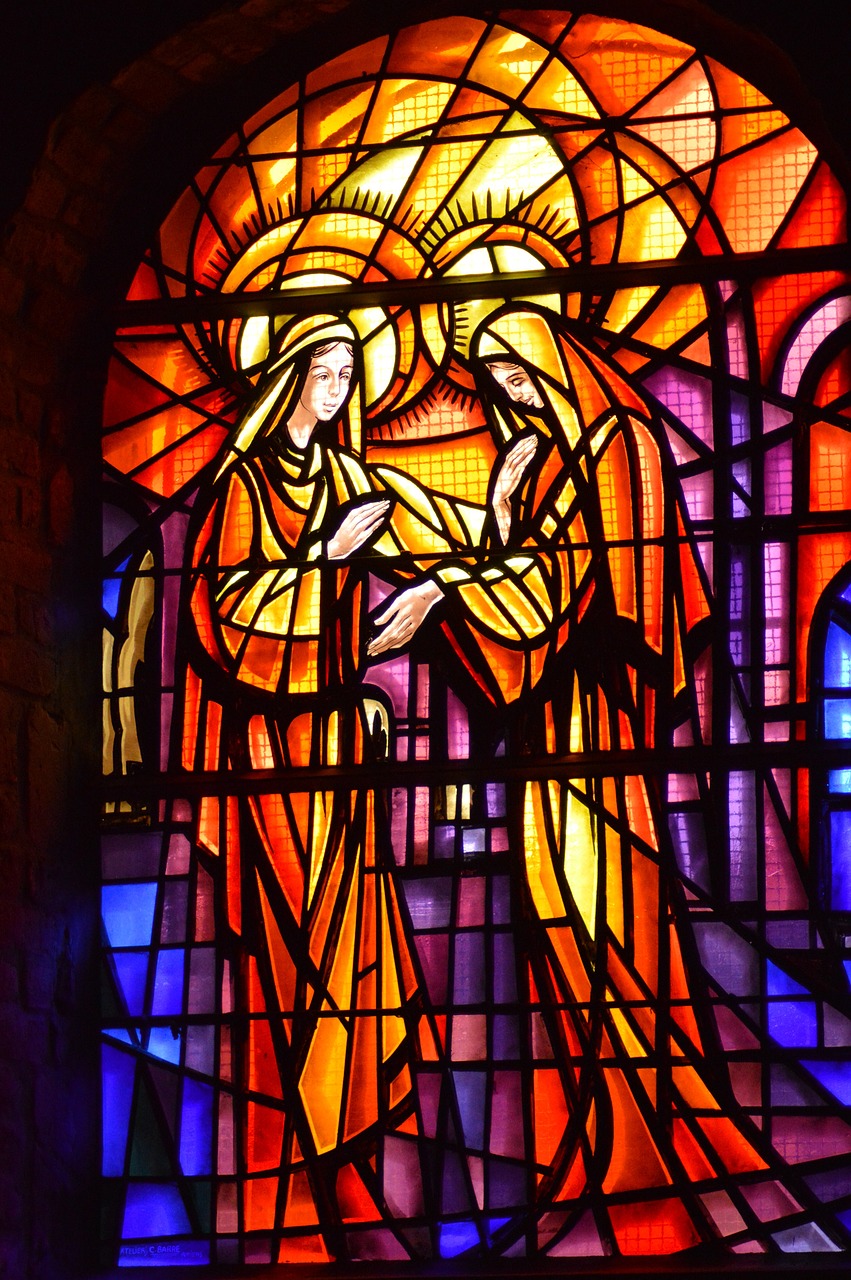
 J.M. Pallas has had a lifelong love of Scriptures. When she is not busy with her vocation as a wife and mother to her “1 Samuel 1” son, or her vocation as a public health educator, you may find her at her parish women’s bible study, affectionately known as “The Bible Chicks.”
J.M. Pallas has had a lifelong love of Scriptures. When she is not busy with her vocation as a wife and mother to her “1 Samuel 1” son, or her vocation as a public health educator, you may find her at her parish women’s bible study, affectionately known as “The Bible Chicks.”
 Christine Hanus currently lives in Upstate, NY. Though she enjoys writing and her work as a catechist, Christine is primarily a wife, mother, and more recently, grandmother!
Christine Hanus currently lives in Upstate, NY. Though she enjoys writing and her work as a catechist, Christine is primarily a wife, mother, and more recently, grandmother!

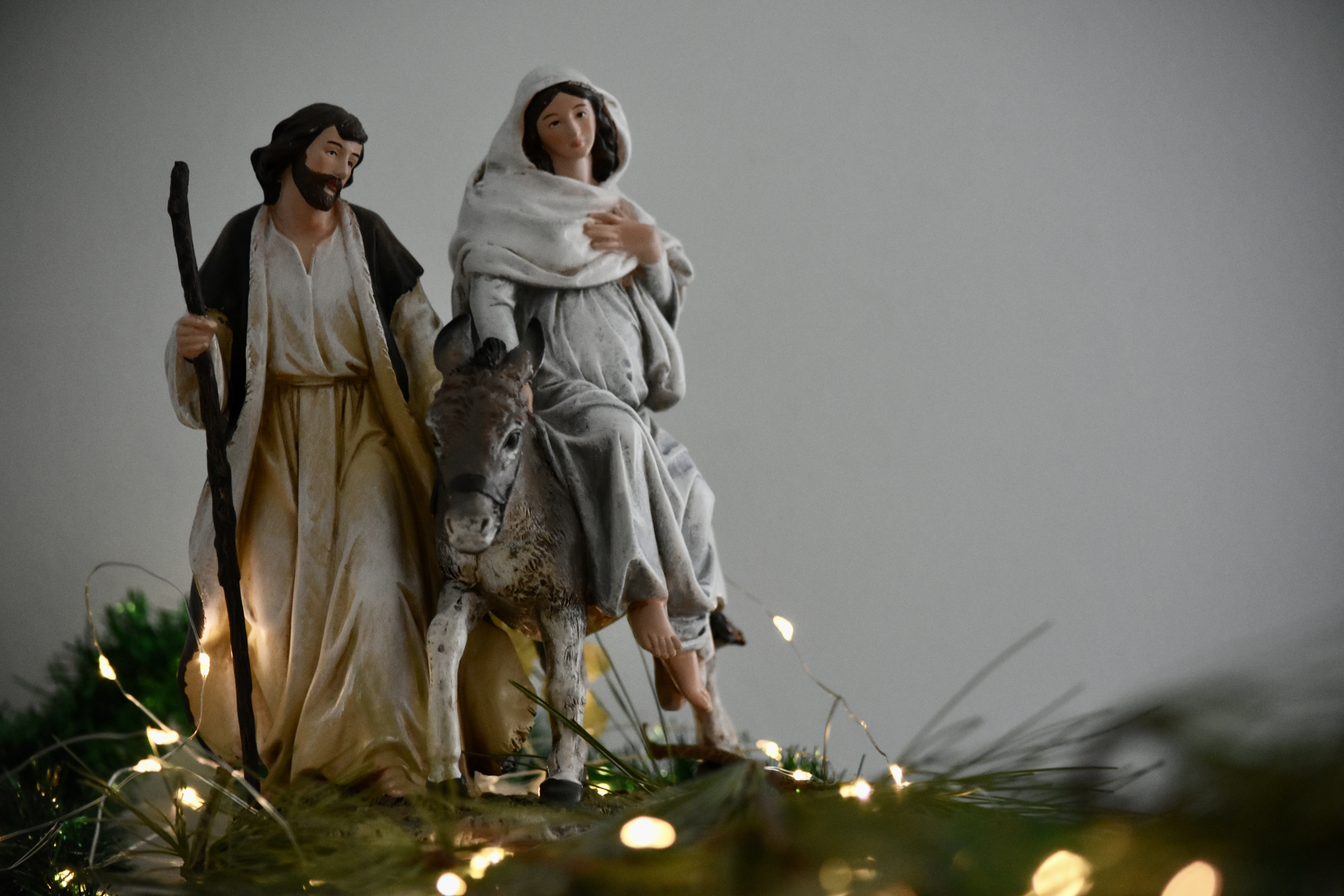
 Mike Karpus is a regular guy. He grew up in Michigan’s Upper Peninsula, graduated from Michigan State University and works as an editor. He is married to a Catholic school principal, raised two daughters who became Catholic school teachers at points in their careers, and now relishes his two grandchildren, including the older one who is fascinated with learning about his faith. He also has served on a Catholic school board, a pastoral council and a parish stewardship committee. He currently is a lector at Mass, a Knight of Columbus, Adult Faith Formation Committee member and a board member of the local Habitat for Humanity organization. But mostly he’s a regular guy.
Mike Karpus is a regular guy. He grew up in Michigan’s Upper Peninsula, graduated from Michigan State University and works as an editor. He is married to a Catholic school principal, raised two daughters who became Catholic school teachers at points in their careers, and now relishes his two grandchildren, including the older one who is fascinated with learning about his faith. He also has served on a Catholic school board, a pastoral council and a parish stewardship committee. He currently is a lector at Mass, a Knight of Columbus, Adult Faith Formation Committee member and a board member of the local Habitat for Humanity organization. But mostly he’s a regular guy.

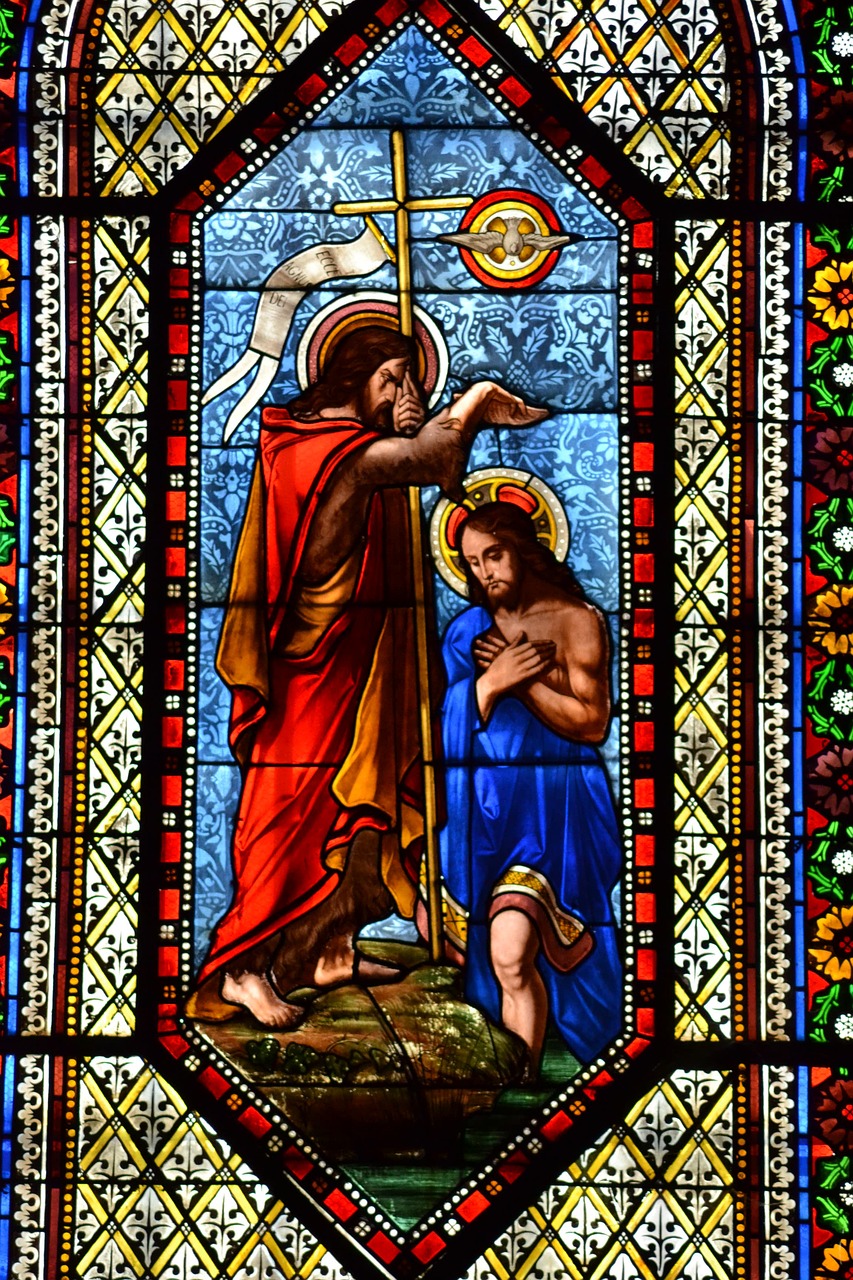
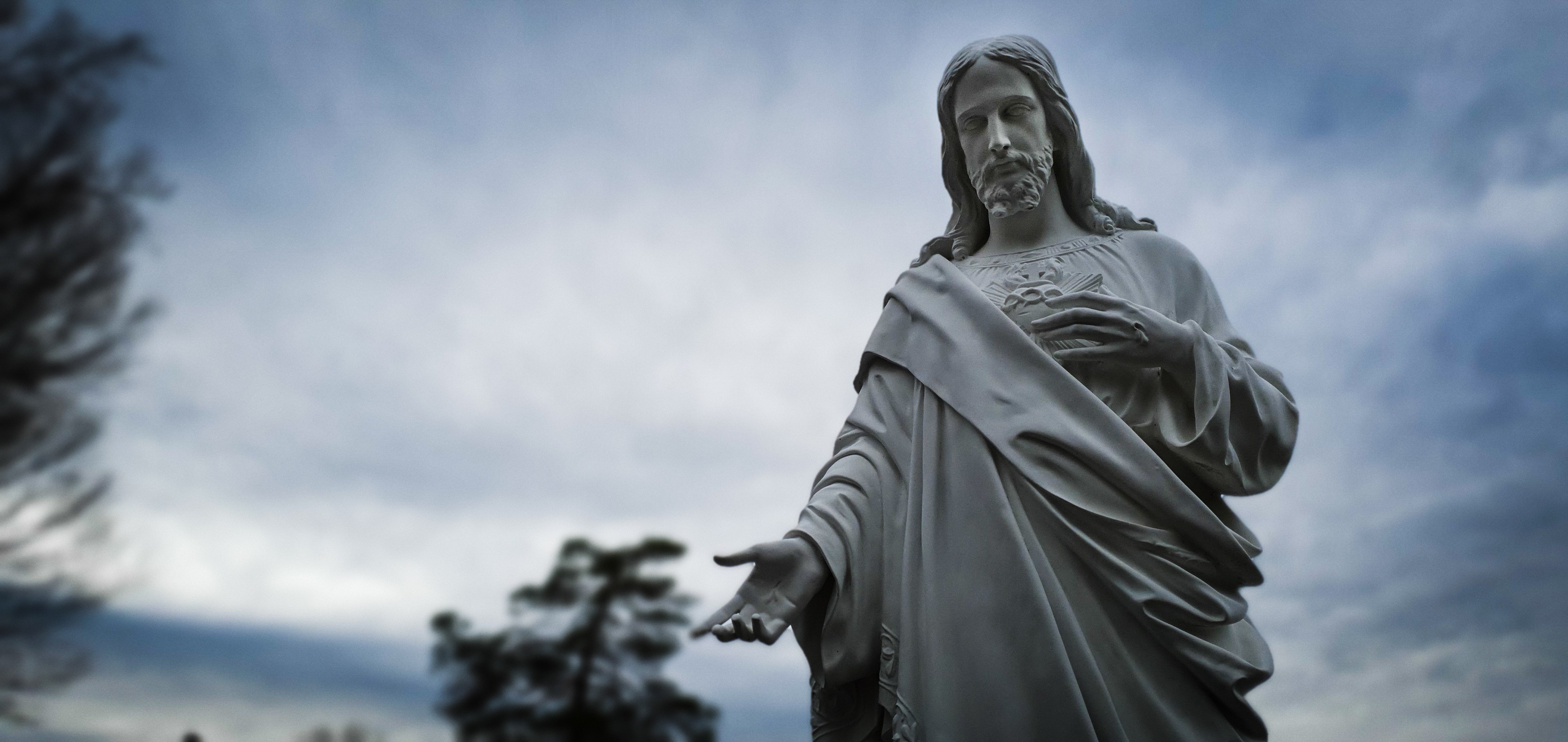
 Susan Ciancio has a BA in psychology and a BA in sociology from the University of Notre Dame, with an MA in liberal studies from Indiana University. For the past 19 years, she has worked as a professional editor and writer, editing both fiction and nonfiction books, magazine articles, blogs, educational lessons, professional materials and website content. Thirteen of those years have been in the pro-life sector. Currently Susan freelances and writes weekly for HLI, edits for American Life League, and is the executive editor of Celebrate Life Magazine. She also serves as executive editor for the Culture of Life Studies Program—an educational nonprofit program for K-12 students. You can reach her at
Susan Ciancio has a BA in psychology and a BA in sociology from the University of Notre Dame, with an MA in liberal studies from Indiana University. For the past 19 years, she has worked as a professional editor and writer, editing both fiction and nonfiction books, magazine articles, blogs, educational lessons, professional materials and website content. Thirteen of those years have been in the pro-life sector. Currently Susan freelances and writes weekly for HLI, edits for American Life League, and is the executive editor of Celebrate Life Magazine. She also serves as executive editor for the Culture of Life Studies Program—an educational nonprofit program for K-12 students. You can reach her at 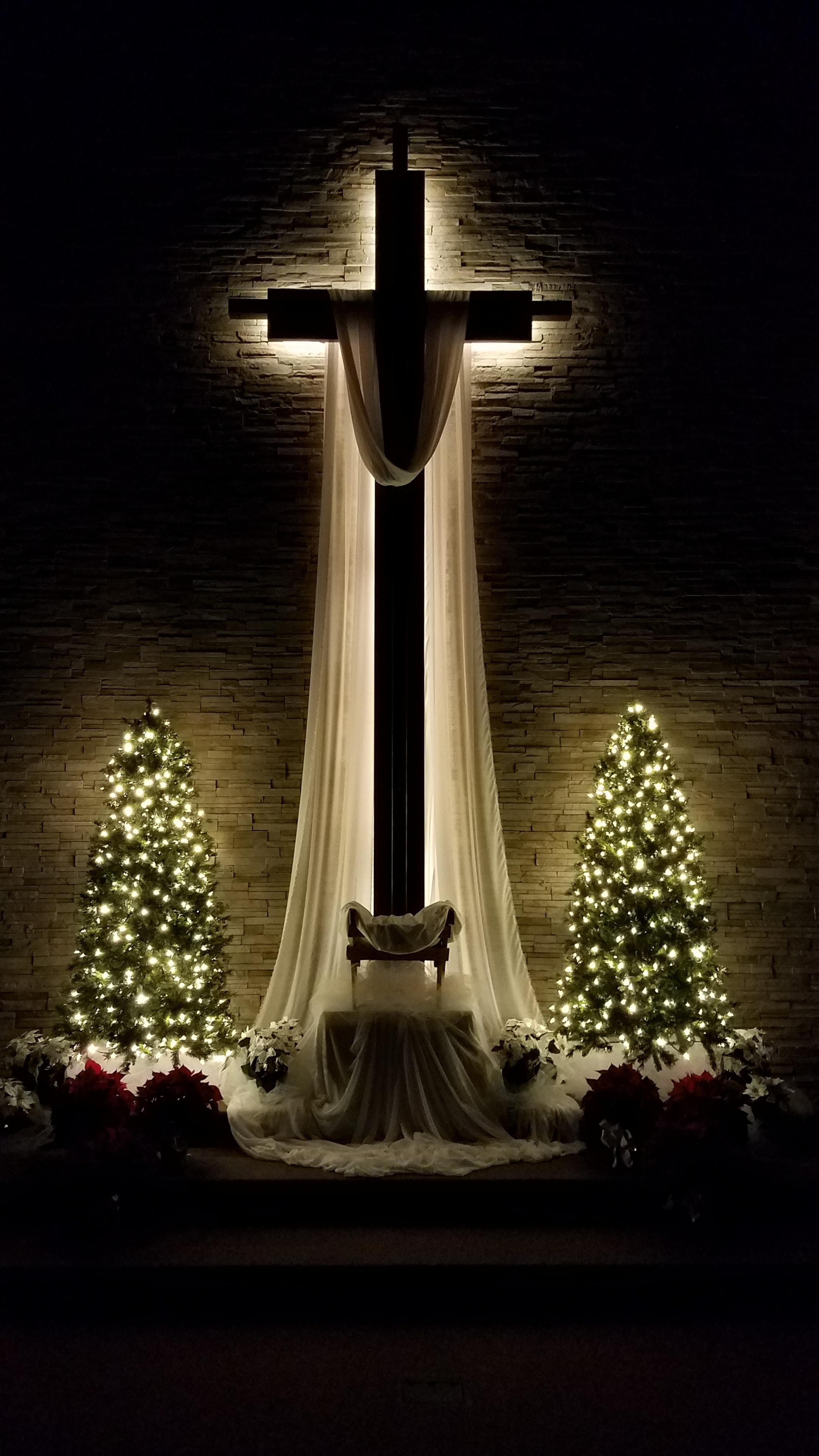
 Tami Urcia grew up in Western Michigan, a middle child in a large Catholic family. She spent early young adulthood as a missionary in Mexico, studying theology and philosophy, then worked and traveled extensively before finishing her Bachelor’s Degree in Western Kentucky. She loves tackling projects, finding fun ways to keep her little ones occupied, quiet conversation with the hubby and finding unique ways to love. She works full time, is a guest blogger on
Tami Urcia grew up in Western Michigan, a middle child in a large Catholic family. She spent early young adulthood as a missionary in Mexico, studying theology and philosophy, then worked and traveled extensively before finishing her Bachelor’s Degree in Western Kentucky. She loves tackling projects, finding fun ways to keep her little ones occupied, quiet conversation with the hubby and finding unique ways to love. She works full time, is a guest blogger on 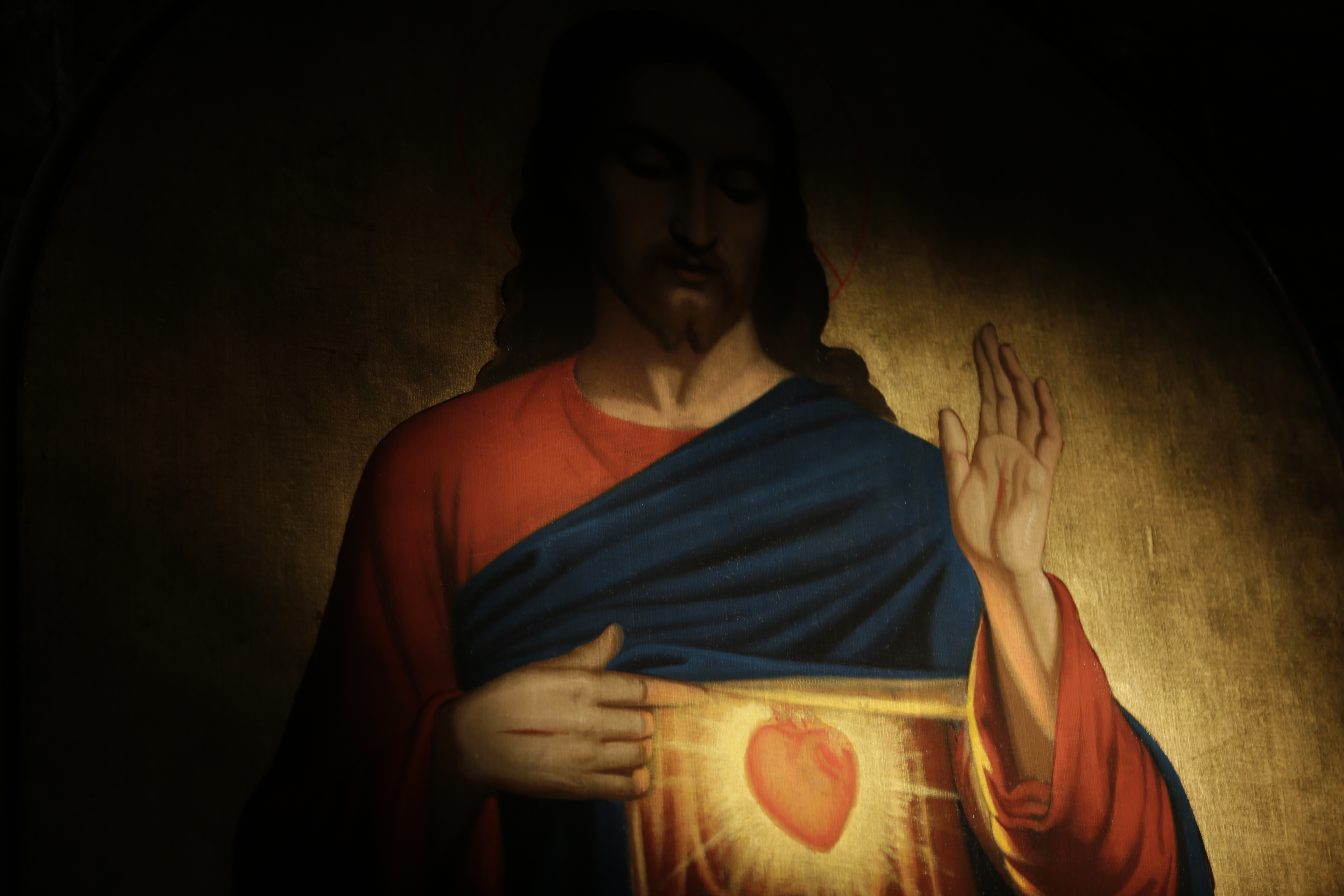
 Emily Jaminet is a Catholic author, speaker, radio personality, wife, and mother of seven children. She earned a bachelor’s degree in mental health and human services from the Franciscan University of Steubenville. She is the co-founder of
Emily Jaminet is a Catholic author, speaker, radio personality, wife, and mother of seven children. She earned a bachelor’s degree in mental health and human services from the Franciscan University of Steubenville. She is the co-founder of